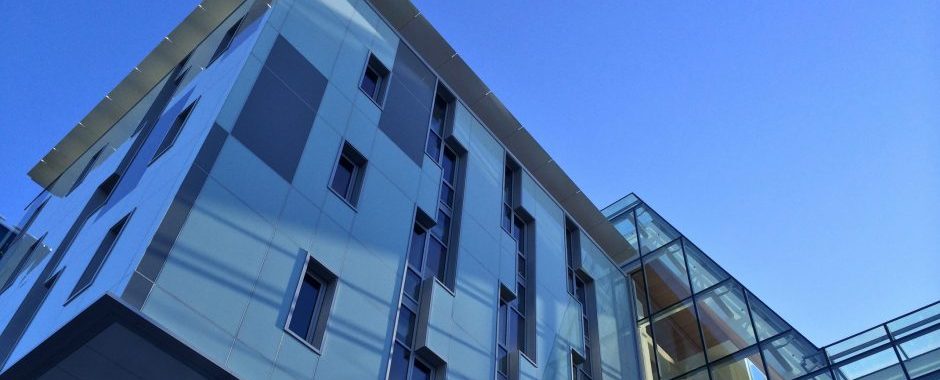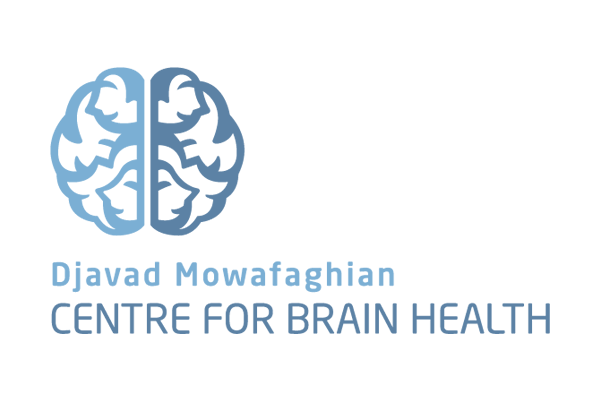
To apply, please visit www.grad.ubc.ca or apply online through the Graduate Studies website.
Once submitted, applications are forwarded to the UBC Graduate Program in Neuroscience. As per UBC requirements, we initially screen applicants to ensure that minimum criteria are met in terms of past academic performance and English language skills. This screening process happens at the program level and is conducted by the Graduate Program Coordinator.
Each application that meets our minimum requirements is then evaluated and discussed by an Admissions Committee, which represents diverse perspectives from across departments and research areas, career stages, and includes student members.
The following table summarizes how each component of the submitted application package will be evaluated:
| Application component | Who evaluates (program coordinator or admissions committee) | Assessment criteria |
| Academic records / transcripts | Used for screening by the program and then rated overall by the committee | Field-specific knowledge and academic preparation, cognitive skills |
| English language certificates | Used for screening by the program only, not considered at the committee stage | English language proficiency |
| Statement of Interest. Please limit length to two pages. | Rated by the committee | 1) Writing structure, 2) professionalism in style, 3) accuracy (free of errors), 4) ability to navigate uncertainty & resilience, 5) motivation to seek new knowledge in neuroscience |
| Research track record (research experience, publications/presentations) | Rated by the committee; the bar is set higher for applicants to the PhD program than for applicants to the MSc program | Research ability and/or research potential, productivity, ability to disseminate/communicate research findings |
| Letters of Reference | Rated by the committee; directly based on ratings provided by referees, and free-form letters providing examples | 1) Academic preparation, 2) skill at research, 3) originality and creativity, 4) problem-solving, 5) industriousness and persistence, 6) intellectual capacity (critical thinking), 7) interpersonal and communication skills |
The admissions committee also considers the fit of a candidate’s research interests with the research areas that the program covers (see tips on how to write a Statement of Interest). This process is greatly facilitated by information provided in the application form. Be sure to answer the program-specific question on which supervisor you might be interested in working with, and whether you have already contacted a supervisor.
At the end of this process, we shortlist approx. 70% of the applications we receive. Ranked candidate files are distributed among our faculty members to look for a match between an applicant and a supervisor.
If a supervisor is interested in meeting an applicant, they will reach out to the applicant and schedule a series of interviews. Our interviews do not follow a strict standard, but faculty receive interview guidelines that incorporate questions about the following:
- Motivation to conduct research in the Neurosciences
- Academic preparation and skills
- Funding and award literacy
- Interpersonal aspects, goals, and work-life balance
Interviews are an opportunity for both the applicant and the potential supervisor (and their other trainees) to evaluate whether they think they can work well together.
In order to be admitted to the Graduate Program in Neuroscience, applicants must meet all program criteria AND be accepted by a supervisor in our program, who is able to commit to supporting the student financially.
Application and Admissions Timeline
May- December: Reach out to potential supervisors
August-November: Prepare and submit your application
October: Prospective Student Workshops offered by UBC Grad Studies
October-November: Reach out for reference requests
November 15: Application due date (document and reference deadline is Dec 1).
December-January: Program screens applications
Late January: Admissions Committee reviews and ranks eligible applications
February: Faculty receive application shortlist
February-April: Faculty may contact applicants and schedule interviews
May 31st: Last day for faculty to make offers to international students; June 30th: Last day for faculty to make offers to domestic students.
Prospective student information sessions can be found here: https://www.grad.ubc.ca/prospective-students/info-sessions
Admissions advice videos can be found here: https://www.grad.ubc.ca/prospective-students/application-admission/application-advice
Indigenous Applicants
If you self-identify as an Indigenous person of Canada, please email ubc.neuroscience@ubc.ca before applying. We can provide you with information on the application process, UBC Indigenous programs, scholarships and bursaries, and student services specifically for Indigenous students.


